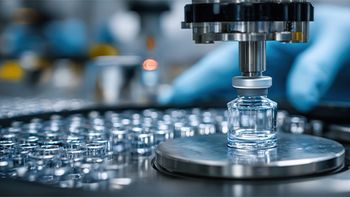
Latest UPS Pain in the (Supply) Chain survey finds product security rising in attention
Regulatory compliance remains the top concern globally, but security and spoilage are high in the Asia/Pacific region
UPS Healthcare Logistics’ annual Pain in the (Supply) Chain
The survey is conducted by a third party for UPS, and draws on hundreds of senior supply chain executives worldwide in biopharma and med device manufacturing.
By region, regulatory compliance are top issues in North America and Western Europe, and product security in Asia/Pacific. Product security is the second-highest priority in Western Europe, while cost management is No. 2 in North America. Product damage or spoilage (a specific concern for cold-chain products) is a higher priority in Asia/Pacific, less so in the other regions.
“One of the attractions of working with UPS is to have an integrated service, with a reduced number of service providers and fewer handoffs,” notes Hook.
“As specialty pharmacueticals become a larger part of the overall market, there’s no question that companies are experiencing a shift in direction, and asking whether they are on the right path in how they are meeting market demand,” he says. “Direct to clinic, direct to patient and other alternative channels are being tested; the number of queries we receive in these areas has risen dramatically in the past 12 months.”
For UPS’ part, JHook says that his company has addressed these issues with investments in three areas: front-end order management, to enable customer orders to flow smoothly into fulfillment; providing better visibility to address security and product-spoilage issues; and last-mile delivery, to expand alternative delivery methods for pharmacies, hospitals and patients. The company now has 42 dedicated distribution centers worldwide, and has acquired several regional distributors in the past couple years.
Newsletter
Stay ahead in the life sciences industry with Pharmaceutical Commerce, the latest news, trends, and strategies in drug distribution, commercialization, and market access.




